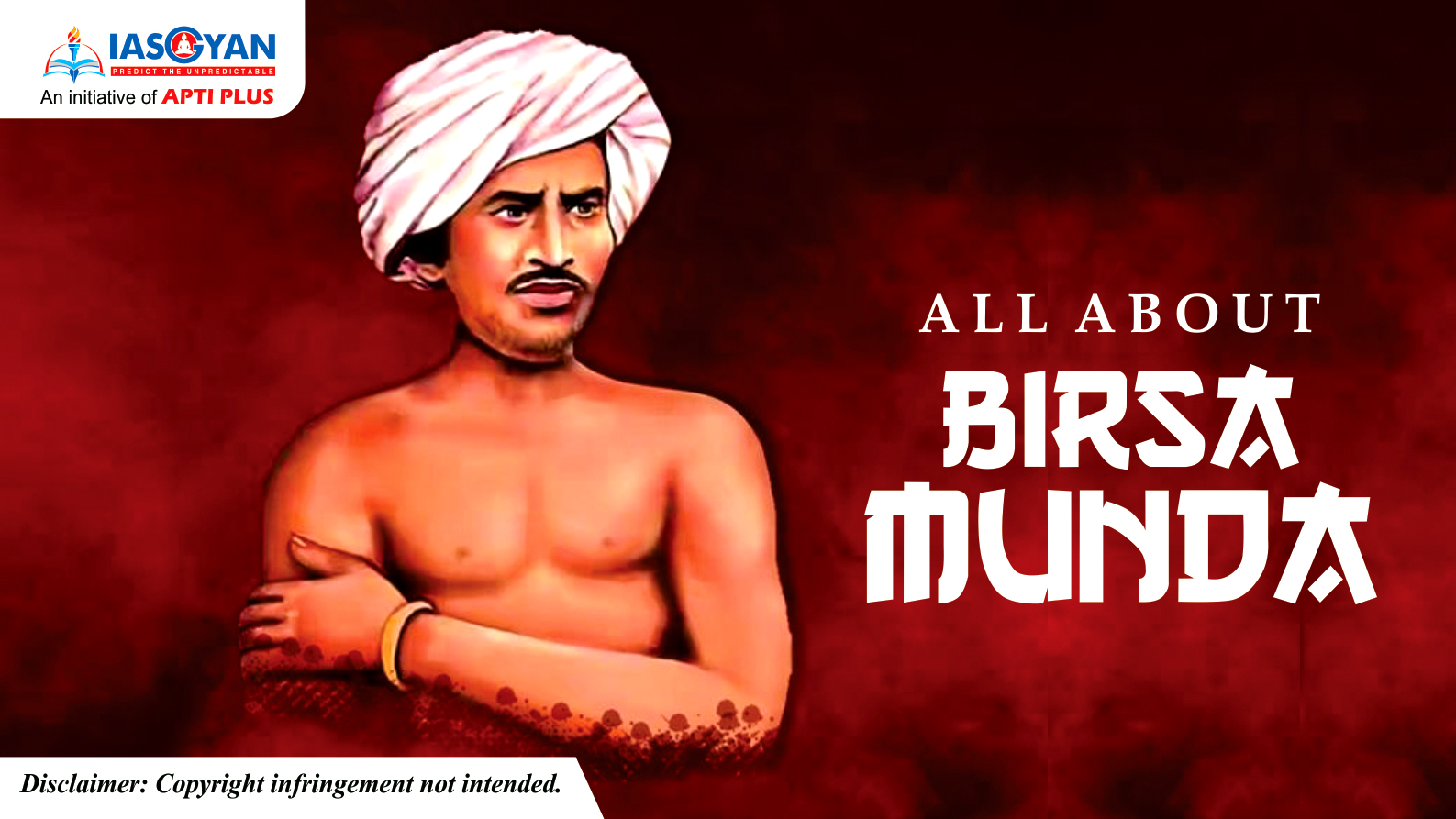




|
Religion
|
|
|
Reformer
|
|
|
Munda Rebellion
|
Background
'Ulgulan' or the 'Great Tumult' (1899-1900)
Outcome
|
| The Munda people initially spread from Southeast Asia some 4000–3500 years ago, but mixed extensively with local Indian populations. This ethnic group predominantly speaks the Mundari language as their native language, which belongs to Austroasiatic languages. The Munda are found in the northern areas of east India concentrated in the states of Jharkhand, Bihar, Odisha and West Bengal. The Munda also reside in adjacent areas of Chhattisgarh as well as in portions of Bangladesh. They are one of India's largest scheduled tribes. Munda people in Tripura are also known as Mura. |
© 2025 iasgyan. All right reserved